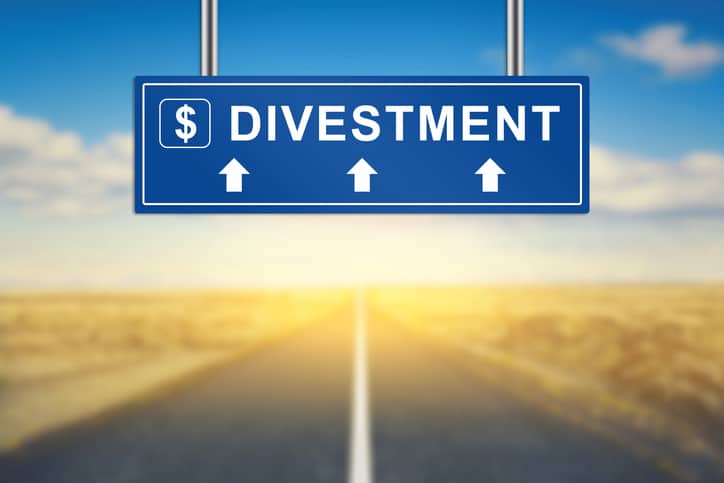Divestment intentions seem unfazed by the COVID-19 pandemic and remain at high levels in Asia-Pacific, said EY that released the results of its Asia-Pacific edition of the EY 2020 Global Corporate Divestment Study recently.
Conducted annually, this year’s study surveyed more than 400 Asia-Pacific executives in the period before and after the onset of the COVID-19 pandemic, according to EY.
Of the Asia-Pacific companies surveyed after the pandemic started, 75% indicate they’re planning to divest within the next two years, marginally higher than responses just before the pandemic (74%), EY pointed out, adding that more than half (59%) of the Asia-Pacific companies plan to divest in the next 12 months.
“Asia-Pacific companies are signaling a high intention for divestments to help reshape their portfolios and reposition for growth beyond the crisis,” said Paul Murphy, EY Asia-Pacific Sell and Separate Leader. “Sellers are also looking to fund new technology investments as they re-imagine their business models and prepare for ‘the new normal.”
According to the study, there are four key factors that will likely drive and influence corporate divestment intentions in Asia-Pacific over at least the next 6-12 months.
Strategic capital decisions
Companies whose access to capital markets is more constrained due to the COVID-19 outbreak may need to turn to divestments, said EY.
Result highlights
- 54% of Asia-Pacific respondents say they would need to raise capital in response to the potential impact of COVID-19 on their business.
- 64% say they would seek to reduce their debt through divestments, survey results indicate.
- For companies severely weakened by the COVID-19 crisis, distressed asset sales are likely to proliferate, with 58% of Asia-Pacific respondents saying they expect to see an increase in distressed divestitures over the next 12 months.
Digital transformation
The COVID-19 pandemic has forced many companies to rely on digital infrastructure to communicate and function, and divestments have become an even more attractive option to fund investments in technology, EY observed.
Result highlights
- 56% of Asia-Pacific respondents say they are now more likely to divest for this purpose, an increase from 30% of respondents before the COVID-19 crisis.
- The increase in the need to fund new technology investments is consistent across all countries in Asia-Pacific, particularly in Greater China* – where 67% say they would divest to fund technology investment, up from 42% pre-COVID-19 crisis.
Supply chain diversification
The COVID-19 pandemic renewed attention on the potential vulnerability of global supply chains, EY noted.
Result highlights
- 36% of global respondents plan to put more emphasis on their supply chains prior to divesting, up from 27% prior to the COVID-19 crisis.
- Before the pandemic, US-China trade tensions brought supply chains into focus for Asia-Pacific companies, and now these companies are further along in rethinking and re-engineering their supply chains.
EY pointed out that 67% of Asia-Pacific respondents in its most recent EY Global Capital Confidence Barometer say they have already taken active steps to restructure their supply chains.
Portfolio optimisation
Asset portfolios need to be reshaped for many companies in preparation for a post-COVID-19 world, an action more than half (54%) of Asia-Pacific respondents surveyed in April say they will take, EY said.
While visibility of what the future looks like in the short-term is challenging, companies are starting to make adjustments based on macroeconomic scenarios emerging from the COVID-19 crisis, the firm added.
Preparing for what’s next and beyond
Asia-Pacific companies are actively refocusing attention on preparing assets for sale as part of pursuing their medium-term divestment strategies, although respondents say strategies need to be adjusted, EY noted.
Result highlights
- 53% Asia-Pacific respondents say the economic impact of the COVID-19 pandemic will likely increase the price gap between what sellers expect and what buyers are offering.
- 52% of respondents say the impact would create more uncertainty regarding which assets to divest, which has significantly increased from 28% before the COVID-19 pandemic, and 46% say the level of divestment preparation is increasing.




